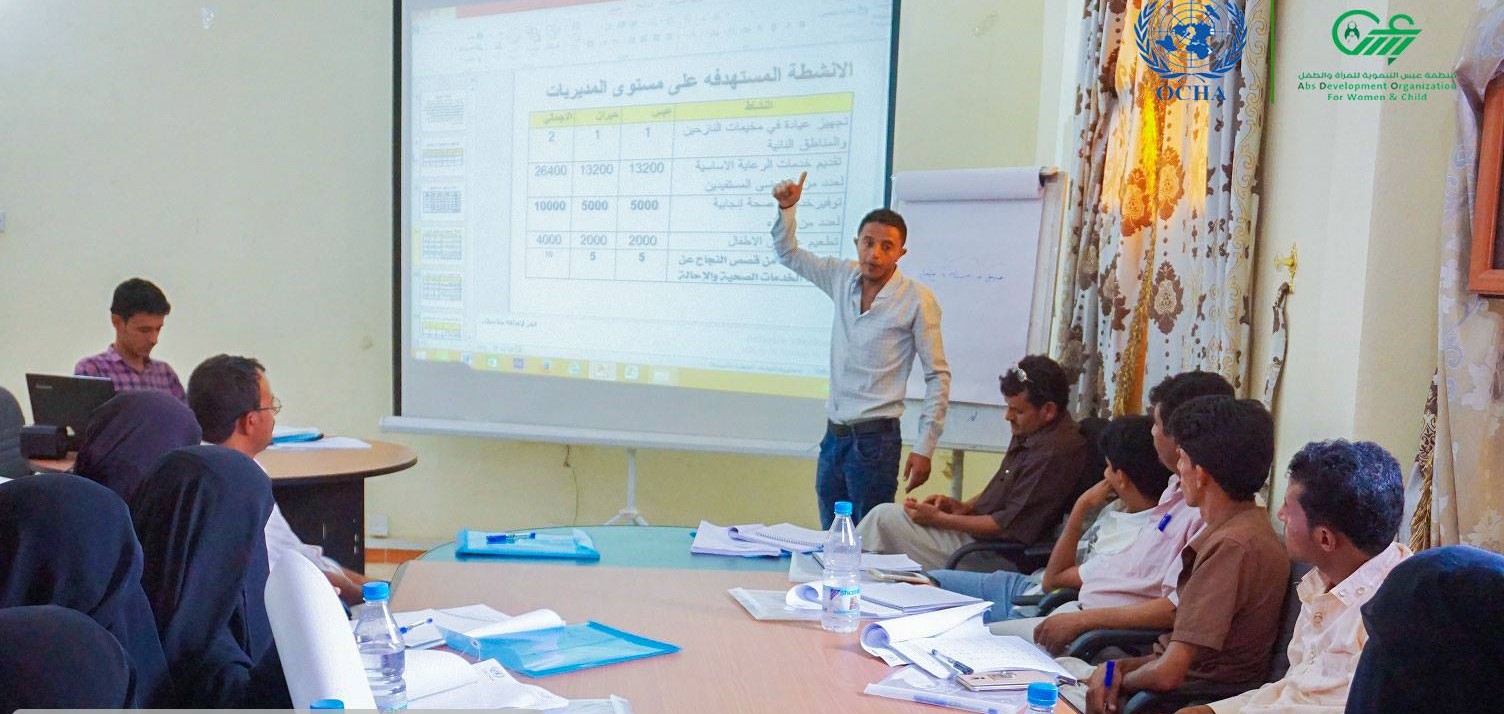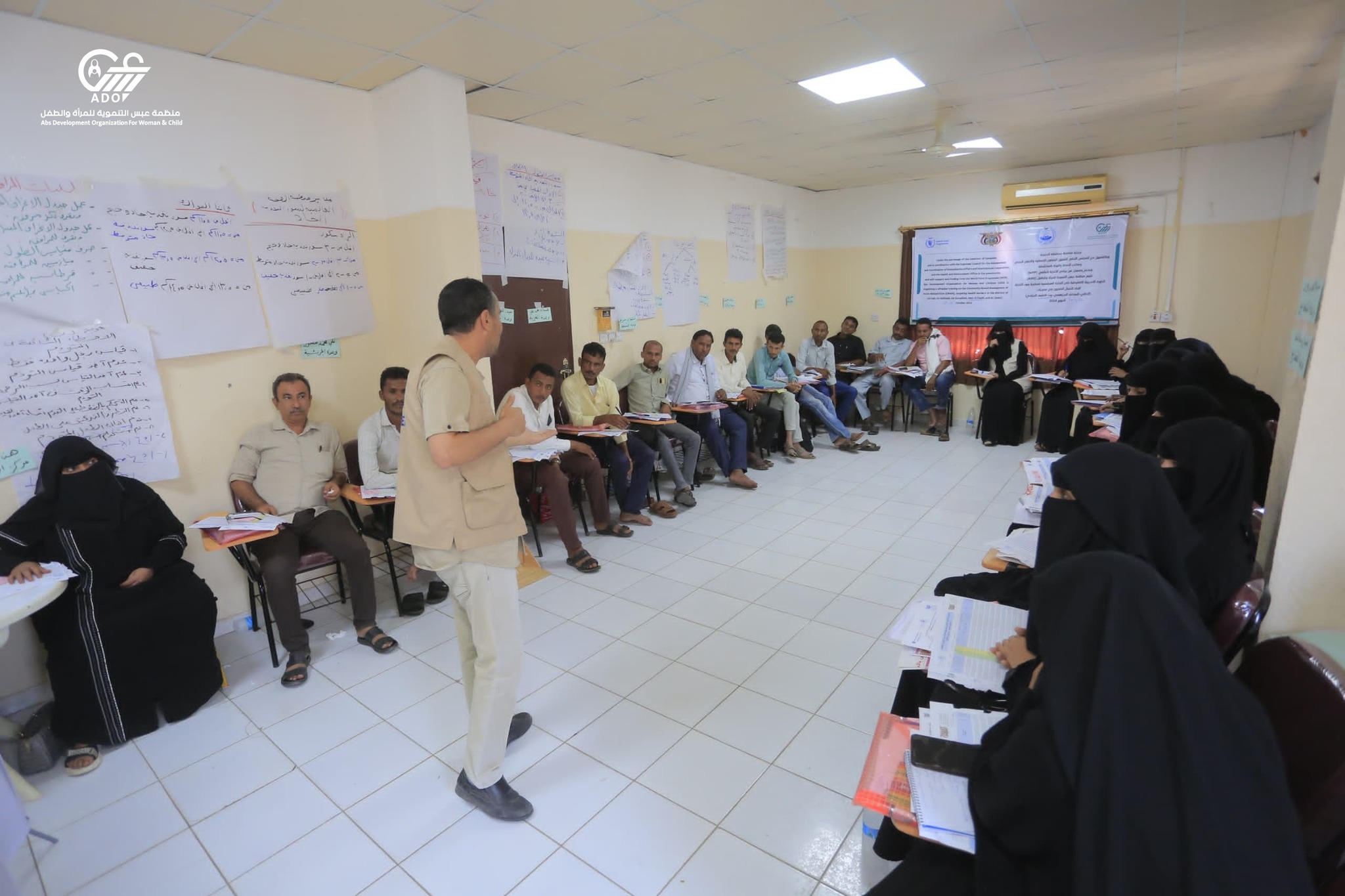As a women-led organization, ADO emphasizes that governance and community engagement are two key pillars that drive its mission and impact. The organization operates according to the principle of inclusivity, where decision-making processes are transparent, accountable, and reflect the diverse voices within the community.
1. Inclusive Governance Structures:
ADO prioritizes inclusive governance structures that ensure the effective participation of women at all leadership levels. By promoting gender-balanced executive bylaws and advisory committees, these organizations create spaces where women’s perspectives, experiences, and priorities are valued and integrated into strategic decision-making processes.
2. Empowerment through Participation:
Community engagement lies at the heart of ADO’s work, empowering women to become agents of change within their communities. Through various forums such as town hall meetings, focus groups, and participatory workshops, women are encouraged to voice their concerns, identify their needs, and collaborate to formulate solutions that effectively address local challenges.
3. Capacity Building and Leadership Development:
ADO invests in capacity building and leadership development programs to enhance the skills and competencies of women leaders and community members. By providing training in areas such as advocacy, project management, and financial literacy, these organizations equip women with the tools and knowledge they need to lead initiatives, drive change, and advocate for their rights.
4. Collaborative Partnerships:
Collaborations and partnerships play a vital role in ADO’s governance and community engagement efforts. By forming alliances with local stakeholders, government agencies, and international organizations, these organizations leverage collective resources, expertise, and networks to enhance their impact and advance gender equality and social justice agendas.
5. Advocacy and Policy Influence:
ADO acts as a powerful advocate for policy change and social transformation, using evidence-based research, radical action, and strategic communication to influence decision-makers and shape policies that promote women’s rights, empower them, and include them in governance processes.




